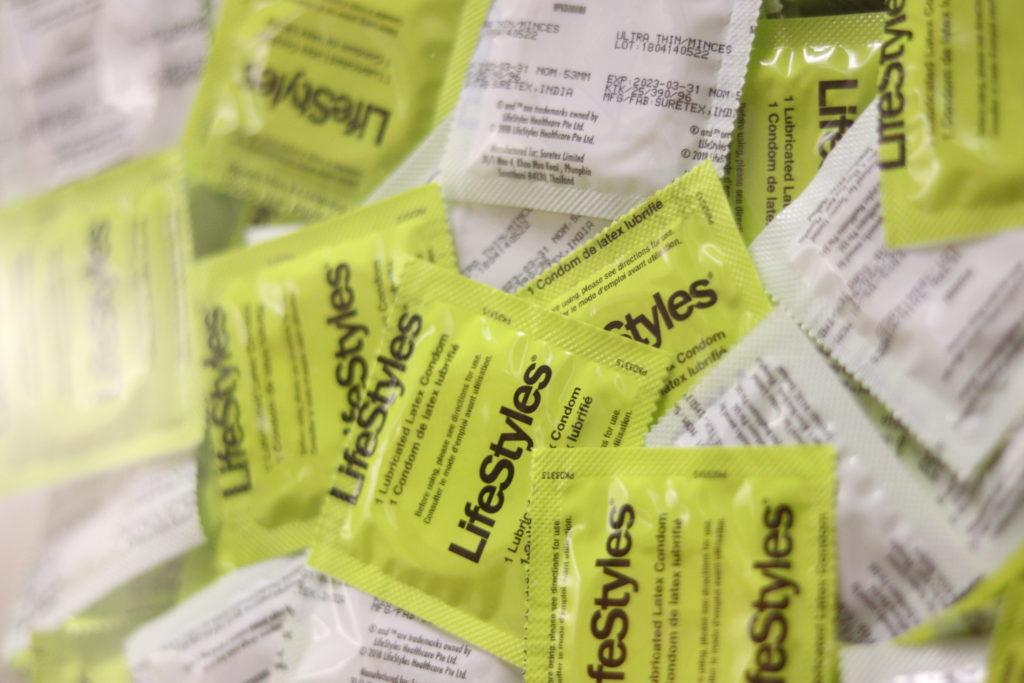Sexually transmitted diseases are at an all-time high and continue to grow each year. And although it can be an uncomfortable conversation to have, students need to take their sexual health seriously since the majority of cases are among young people between the ages of 15 to 24.
“Students and others should consider STD testing as a routine part of their health checkup,” said Lora Ivanova, CEO of myLab. The company created the first at-home STD service.
Ivanova attributes the rise in STDs to the fact that students seem to worry about the risk of pregnancy more than the chance of contracting a disease or infection.
“College is often a time when students experiment with their sexual activity, have multiple partners and dates, and play it a little loose with the rules,” she said. “Even though you may know your bedroom partners from class, that’s not the same as knowing their STI status.”
Some important tips for safe sex are to develop consistent testing habits, wear a condom and to be honest with yourself and your partner. Even if a person thinks they are being safe, it’s still important to get tested regularly. According to Ivanova herpes simplex virus 1 and 2 and syphilis can be passed through the mouth and chlamydia and gonorrhea can also affect your mouth and throat.
People often only think of getting a disease or infection through intercourse, which is not the case. Although this information can seem alarming, it is essential that people educate themselves and can recognize signs or symptoms as soon as possible. Not all STDs are curable, but getting treatment as soon as possible is always the best option and can prevent more complications in the long run.
The only method used to prevent pregnancy that will also prevent an STD or STI is using a condom.
“Condoms are one of the best methods of defense against infection and unwanted pregnancies,” Ivanova said. “When used correctly, it can offer a 98 percent chance of preventing pregnancy, and while not perfect, latex condoms are among the best ways to protect against many STDs and STIs.”
SF State encourages students to use protection and to take their sexual health seriously.
“EROS [Education & Referral Organization for Sexuality] will be the student’s best friend in terms of sexual education and resources,” said SF State sophomore Chantel Bermudez.
They promote a healthy and respectful understanding of sexuality, and can be found in the Cesar Chavez Student Center handing out free condoms. The Student Health Center provides free STI testing for all students on campus.
“From my time at SF State, it was hard to miss that the campus is sex-positive,” said recent graduate Jessie Dzuranyi.
One of the harder parts for students can be discussing their sexual health openly with their partners. The topic can seem embarrassing or uncomfortable, but as sexually active adults it’s an important part of a person’s health and overall well-being.
“Practice! One thing I like to do is talk with my friends and act out what I would say to a partner,” Bermudez said.
The more people talk about sex, the less taboo it will become, thus opening up a dialog among students. Taking a little extra time to educate ourselves and normalize sex and sexuality can help make it safer for everyone.
“Don’t be ashamed, especially if you are a woman. Having sex does not make you a slut, it makes you an empowered healthy person,” Bermudez said. “Be there for yourself first.”







